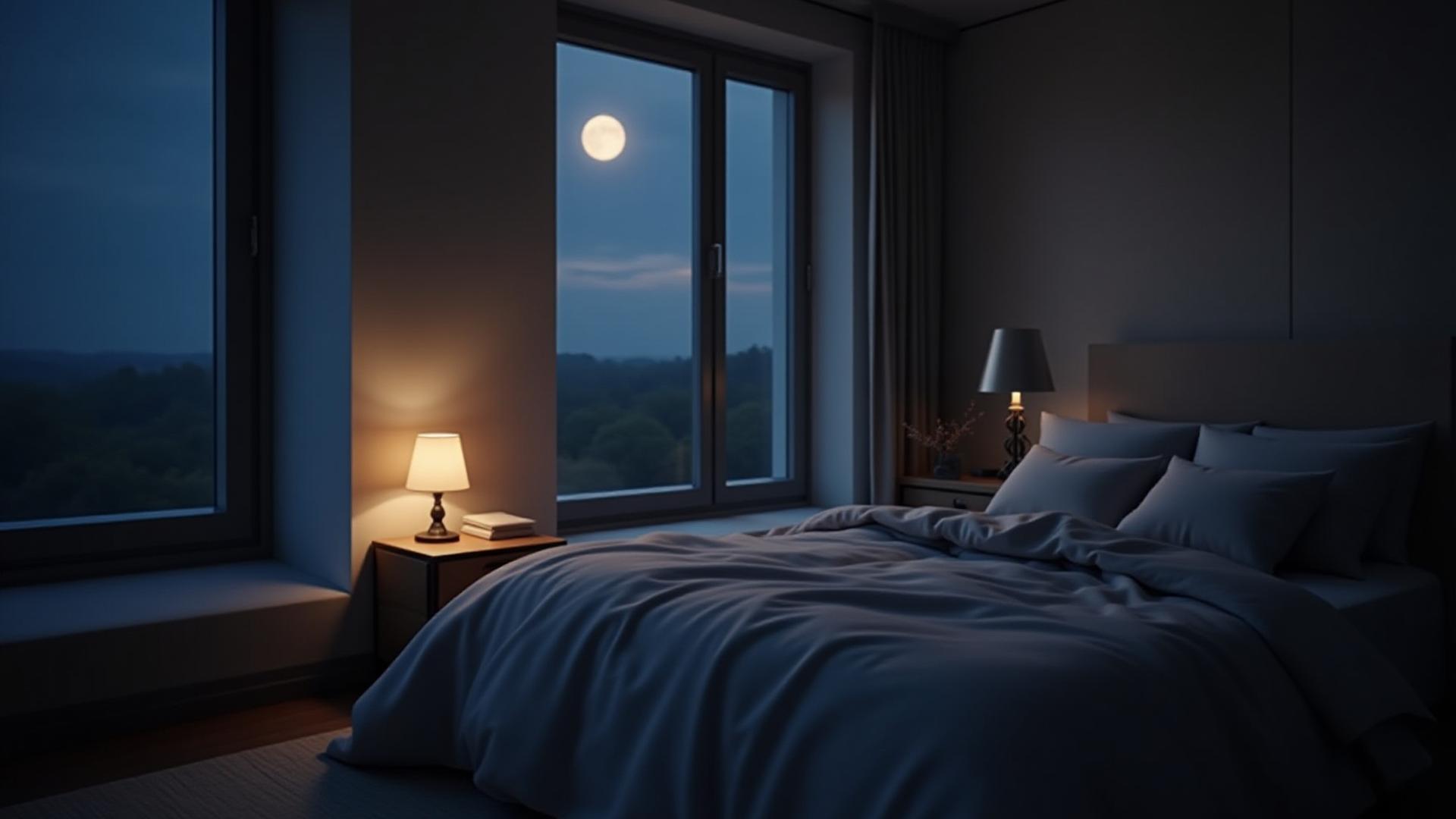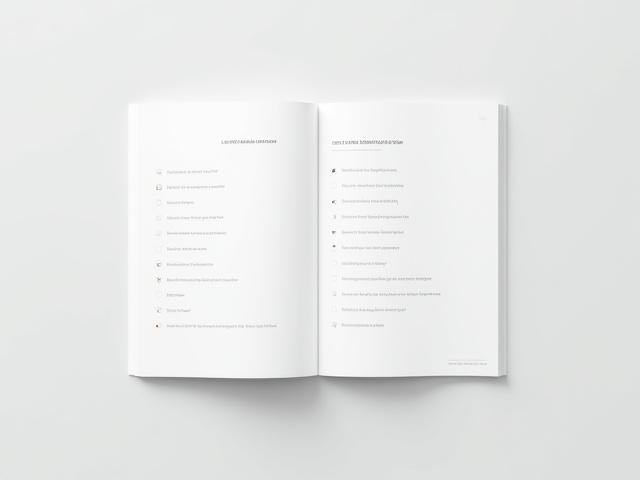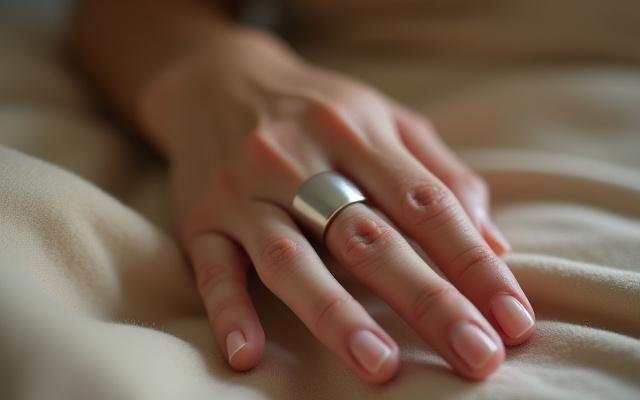
Unlock Your Best Rest.
Your definitive hub for evidence-based guides, strategies, and tools to improve sleep quality and enhance recovery.
Download 'Perfect Night's Sleep' ChecklistYour Sleep Improvement Toolkit

Start with the Essentials
Ready to transform your nights? Download our exclusive 'The Perfect Night's Sleep Checklist: 15 Science-Backed Steps' to immediately implement changes for better rest.
Top-Rated Sleep Tech

Editor's Choice: The Oura Ring Gen3
(4.5/5 Stars)
Unparalleled accuracy in sleep stage tracking, heart rate variability, and body temperature. The Oura Ring Gen3 provides actionable insights to truly understand and optimize your recovery.
- Pros: Medical-grade sensor accuracy, long battery life, comfortable design.
- Cons: Subscription required for full features, initial investment.
Common Sleep Questions
For adults over 40, the recommendation for healthy sleep generally remains 7-9 hours per night. However, the quality of sleep can become more critical as we age, with potential shifts in sleep architecture. Focus on consistent sleep patterns, a conducive sleep environment, and managing stress rather than solely on duration. Listen to your body and prioritize deep, uninterrupted sleep cycles.
While melatonin is generally considered safe for short-term use, prolonged or high-dose use can sometimes interfere with your body's natural melatonin production. It's best used to reset sleep cycles (e.g., for jet lag) or for occasional insomnia, under the guidance of a healthcare professional. Focus on lifestyle changes first, and use supplements judiciously.
Most sleep experts recommend a bedroom temperature between 60-67°F (15-19°C) for optimal sleep. A slightly cooler environment helps your body's core temperature drop, which is a crucial part of initiating and maintaining deep sleep. Experiment within this range to find what feels most comfortable and conducive to your personal rest.